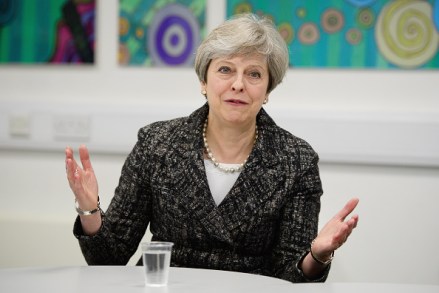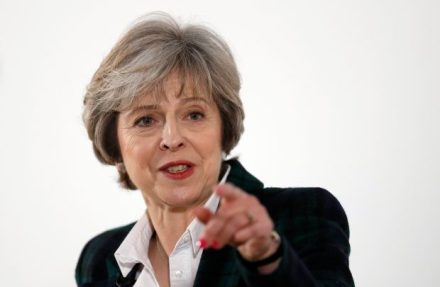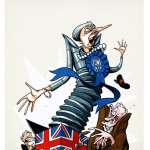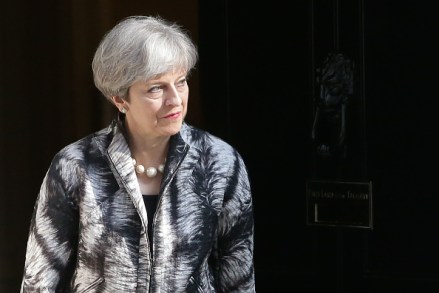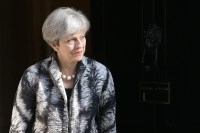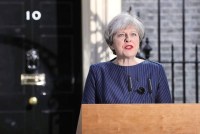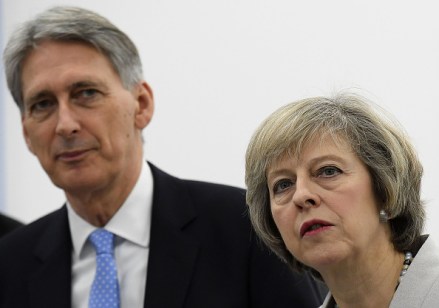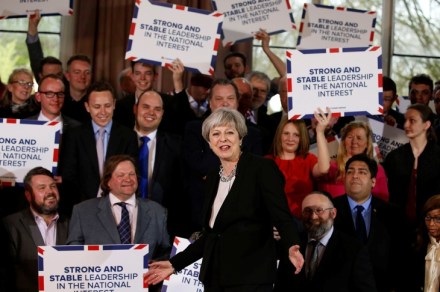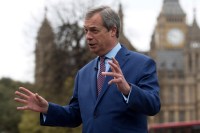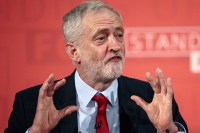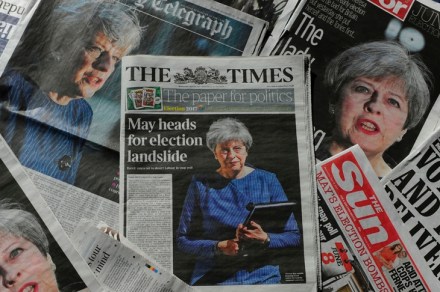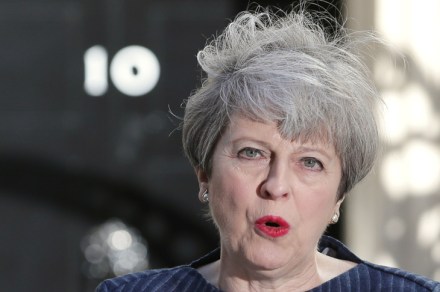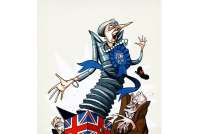Why Matthew Parris is wrong about a Tory lurch to the right
Exaggeration is the political pundits’ stock in trade: nobody built a loyal readership on equivocation. But Matthew Parris’ recent commentary about the Conservative Party’s direction under Theresa May borders on the hysterical. A few weeks ago he used his Times column to hyperventilate about a Conservative Party ‘paralysed in the headlights of a dangerous surge of reckless populism and in thrall to its own right wing’. Last Saturday, he returned to the theme and wrote of a ‘deep, deep shift under way in our party…leaving anyone once attracted to the strong strand of tolerance and moderation we found powerful in the Conservative tradition feeling cowed, discouraged’. You would have thought
